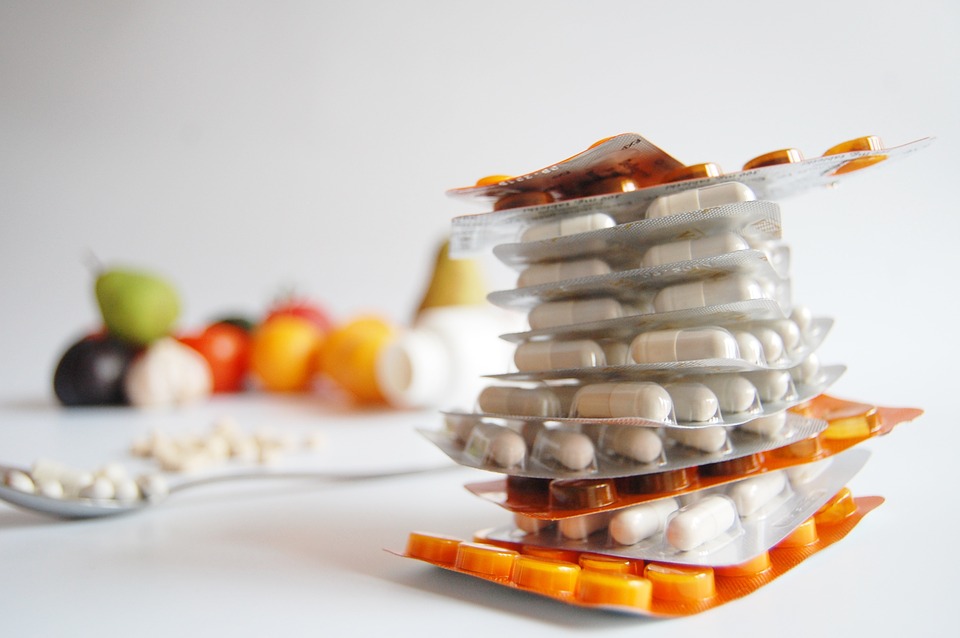
You take medications that up your risk
A wide variety of medications, both over-the-counter and prescription, have labels that note dry eyes as a potential side effect because they can decrease tear production.
Some of the primary culprits are various blood pressure medications (diuretics and beta-blockers), sleeping pills, antidepressants, anti-anxiety drugs, painkillers, antihistamines and decongestants as well as some medications used to treat acne and Parkinson’s disease.
If you’re experiencing dry eye and you’re on one of these drugs, ask your doctor about switching to an alternative. If you can’t switch and need to use lubricating artificial tear eye drops (which are available over-the-counter), talk to your doctor about how to use them correctly.
Try to avoid drops with preservatives, which may irritate your eyes more than preservative-free drops.







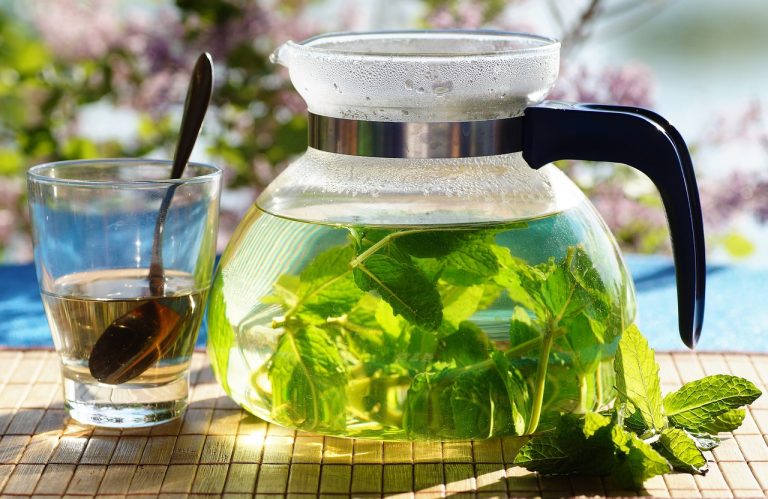
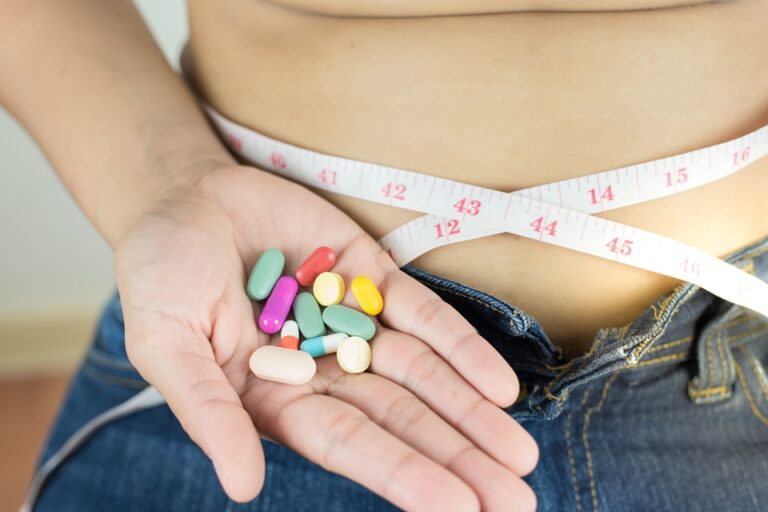
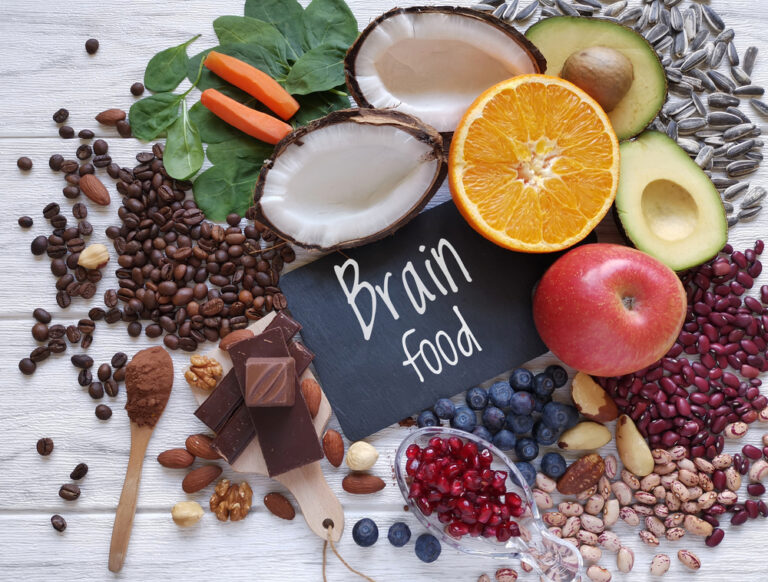
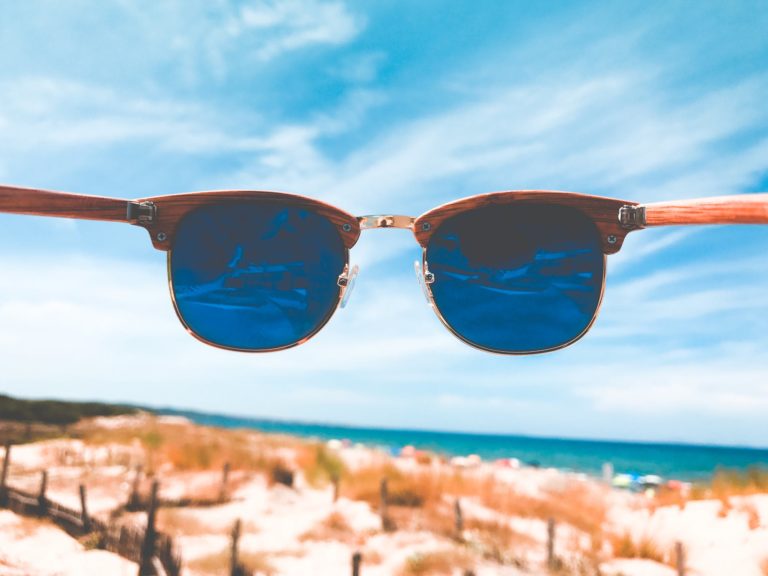

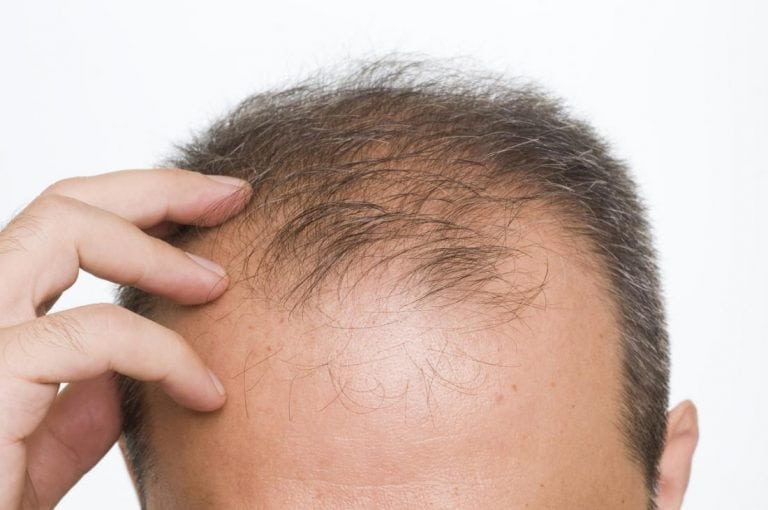
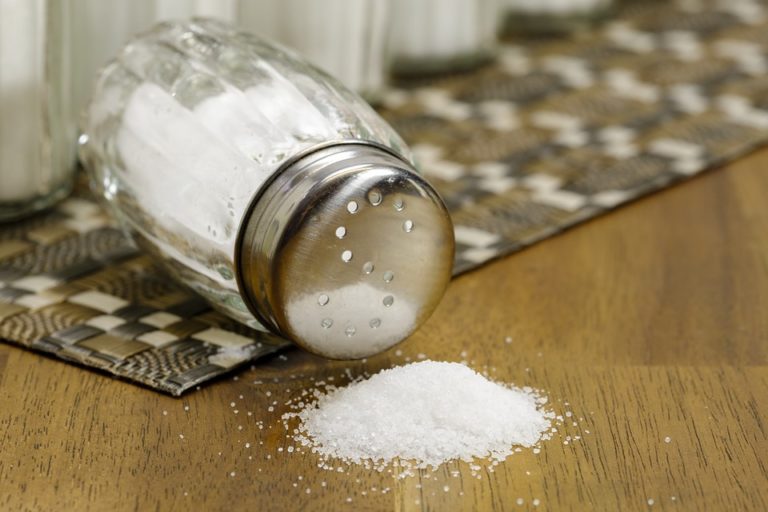

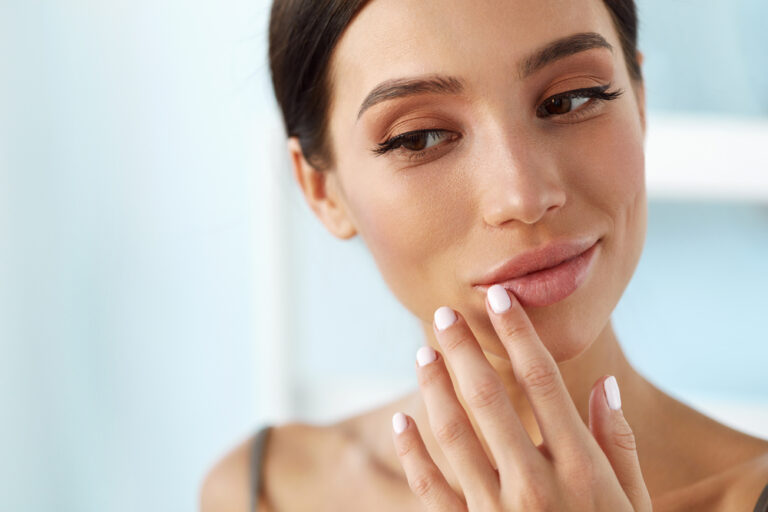


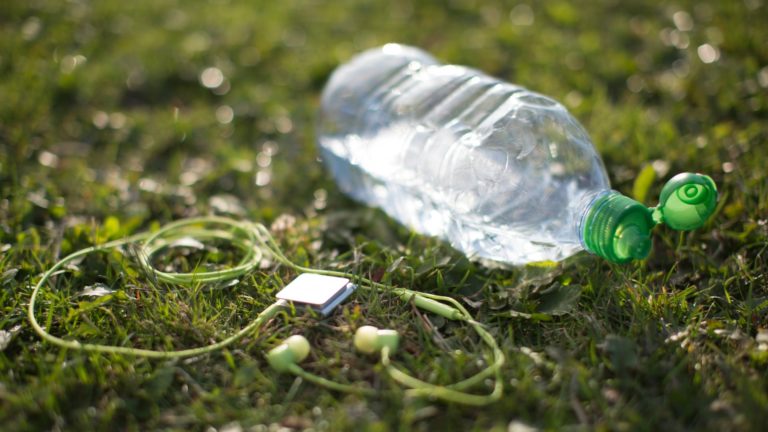







2 thoughts on “10 Causes of Dry Eye and What to Do About Them”
I had dry eyes due to cataracts. Eyedrops relieved the itchiness, and even helped improve vision a little bit. But ultimately, surgery was the answer.
After cataracts, what kind of surgery can help dry eye